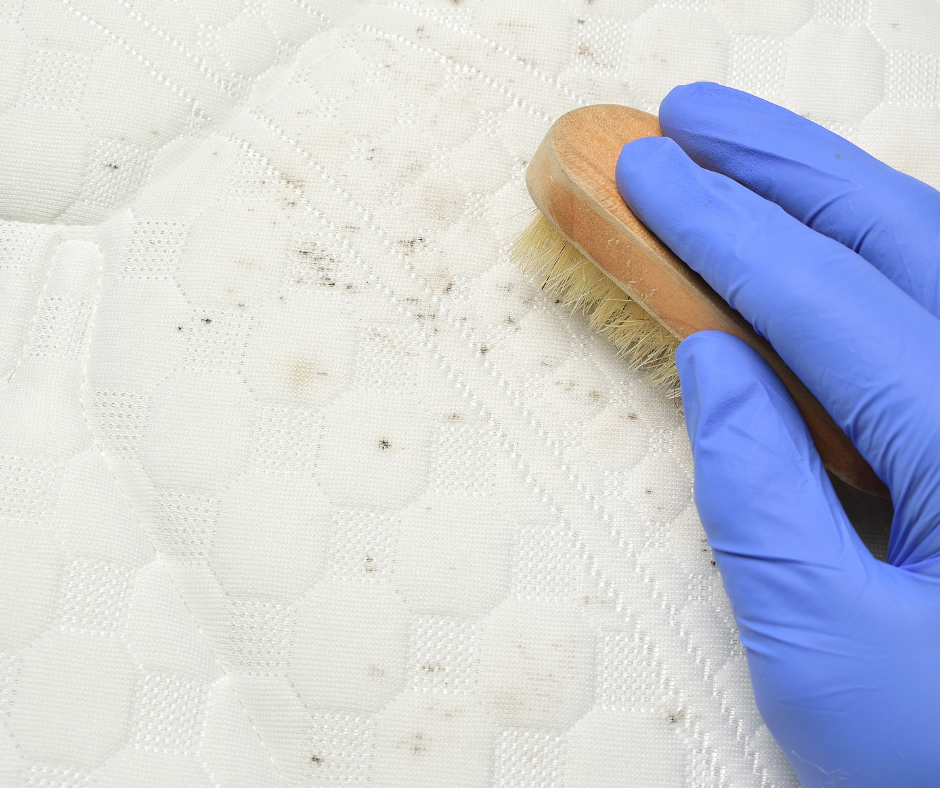It can be quite common for people to experience issues with damp and mould in their property at some point. Even in the driest of conditions, mould can still be an issue for some- especially in the colder, wetter months. Keep reading to discover our top tips on how to prevent damp and mould in your house.
Use a dehumidifier
Dehumidifiers help to remove excess moisture from the air, and may become your new best friend if you get one! Moist properties in particular, i.e when the heating is on but windows are always shut, when there has been a leak, and when steam isn’t contained- will require a dehumidifier the most. Not only do dehumidifiers help to hinder mould growth, they can also assist with drying clothes and preventing dust mites.
Wipe away condensation
You may find that in the colder months your windows may fill with condensation. Condensation occurs when warm air hits your cold windows, resulting in water forming. Condensation is most common in your bedroom when you first wake up, and in the kitchen when you’re cooking and boiling water. A way to prevent this, is to keep your bedroom door open for ventilation, and to use your extractor fan in your kitchen. Turning your heating on regularly will also help with this issue as the windows the warm air hits will not be as cold.
Don’t dry clothes on radiators
There are many reasons why you shouldn’t dry clothes on your radiators, the main one being condensation, which then leads to mould. Although it may seem tempting to chuck a few clothes on the radiators while you already have the heating on, your best bet is using a heated clothes horse. You could also use your tumble dryer if you have one, however this can be expensive. We suggest regularly adjusting your drying on a clothes horse, and putting them in a room you don’t use as often so it doesn’t affect your day-to-day life.
Close bathroom doors
This may seem an obvious one, however you’d be surprised how many people forget to fully close the door when taking a steamy shower! Steam from showers and cooking can cause a lot more damage in your home than you think, and so it’s important you do what you can to avoid it escaping. When taking a shower, make sure the extractor fan is on, and the door is closed. If your bathroom has a window, open it!
Check for leaks
Leaky windows, doors and pipes are a sure way of getting unwanted moisture inside your home, so it’s crucial to report these issues to Hive as soon as you spot them. In the meantime, you can use a towel/ bucket to ensure the leak is contained and doesn’t prevent any rot/ damp issues later down the line. No one wants a soggy carpet!!
Turn on your heating
We understand times are hard right now and the Cost of Living Crisis means bills are skyrocketing, however a crucial step in preventing damp and mould in your home is to have your heating on regularly. We’re not saying your home needs to be a sauna, but a balance of having the heating on and also cracking open your windows from time to time will help prevent moisture- which will then lead to damp and mould problems.


